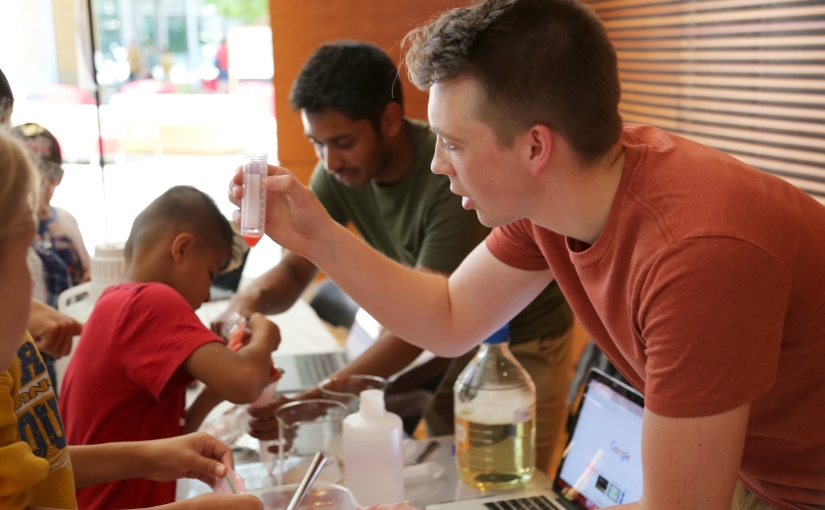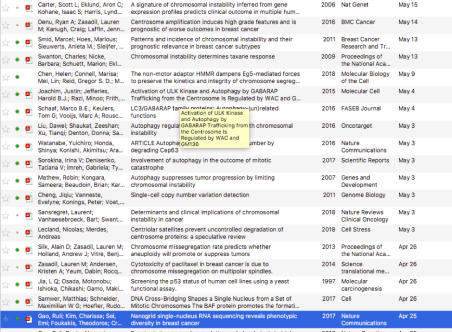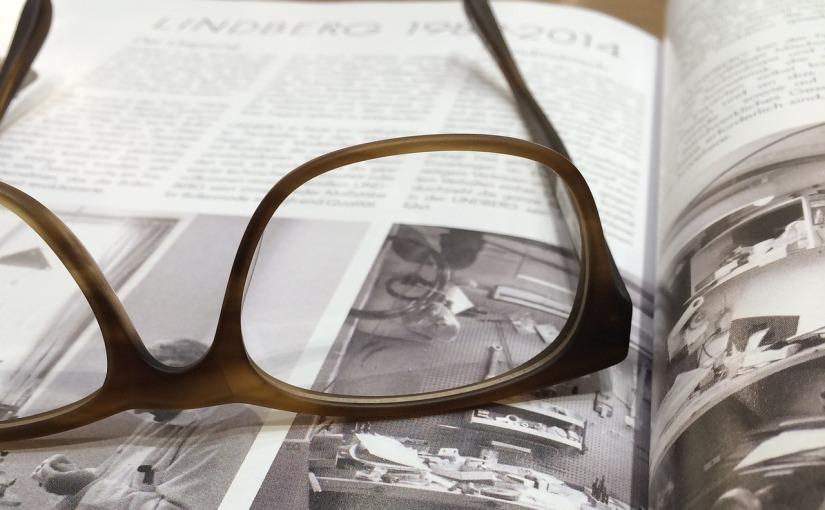About a week and a half ago I had the pleasure to join fellow researchers associated with the Carbone Cancer Center at Science Saturday – the monthly outreach event hosted by the Wisconsin Institute for Discovery and the Morgridge Institute for Research. Myself and two other members of my lab helped kids perform a DNA extraction as a hands-on way to teach them about the importance of DNA in human health. In doing this, I learned that strawberries are actually typically octaploid. Instead of having two copies of their genome, like us diploid humans, strawberries actually have 8!
For those that were interested in learning more – we talked more specifically about our research on aneuploidy and chromosomal instability. I have to say, having the opportunity to interact with the public and getting engaging questions about what we do was fantastic and humbling (in cases where my science communication skills were not up to the task). The experience definitely allowed me to develop new methods to communicate my research to a general audience and get the younger generation excited about science!




